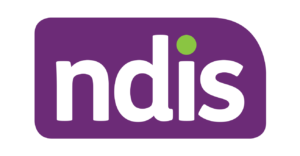All news
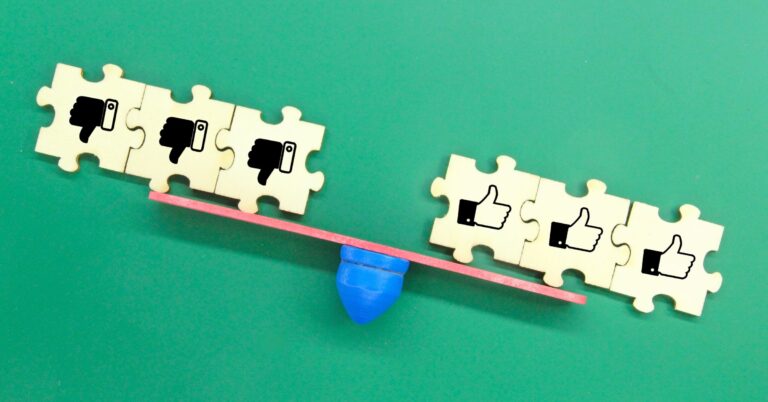
A journey of many ups and downs
Grace Garrahy talks about the many ups and downs of her journey accessing the NDIS.
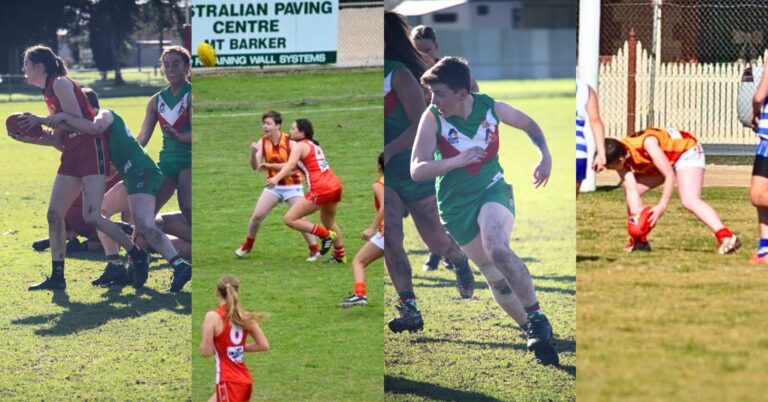
Leadership
Louise Weekley talks about how her idea of leadership has been influenced by her experience of disability and changed over time.
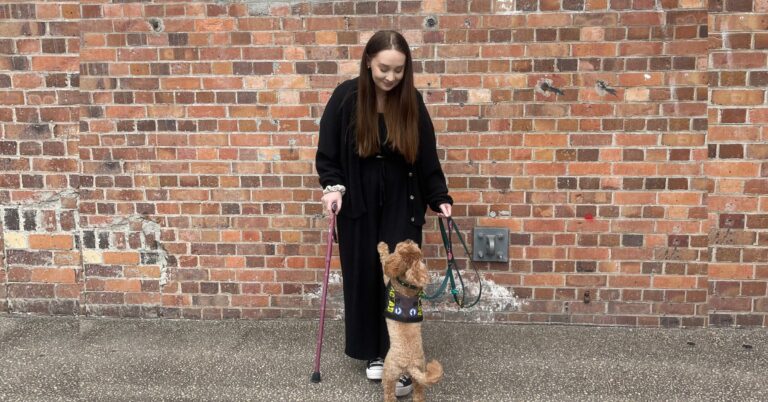
The lifesaving impact of representation
Grace Garrahy talks about the lifesaving and life-changing impact of disability representation in leadership and employment.
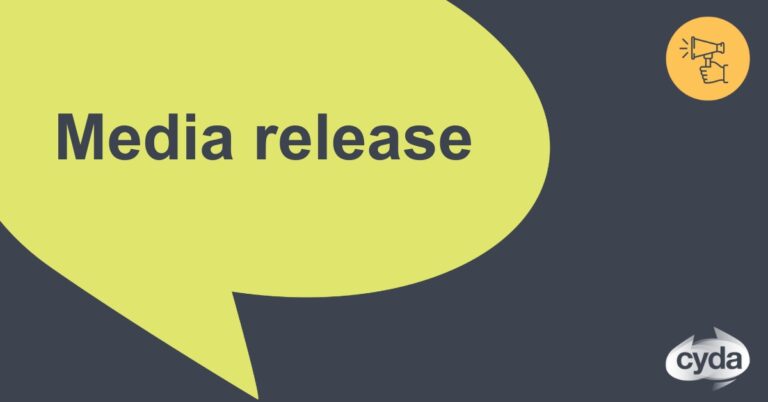
NDIS review a solid plan but all depends on its execution, says CYDA
Children and Young People with Disability Australia (CYDA) applauds the NDIS Review’s strong focus on children and young people but calls for the centring of their lived experience in any future reform.
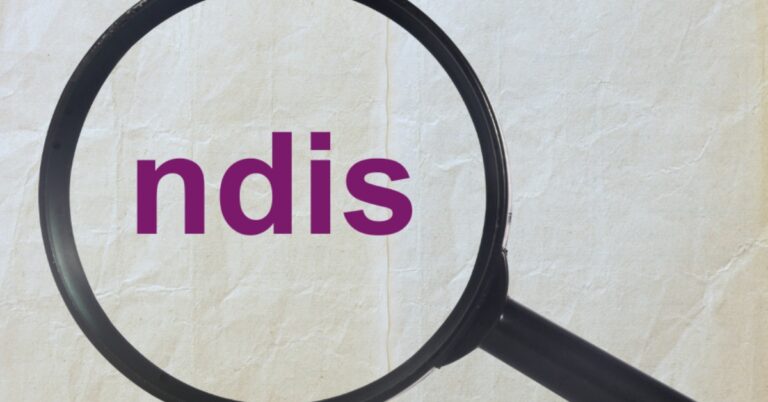
NDIS change must be led by people with disability
The NDIS Review is a once-in-a-decade chance to make this critical Scheme fit for the future, which will only happen if we have a seat at the table, say people with disability and our organisations.
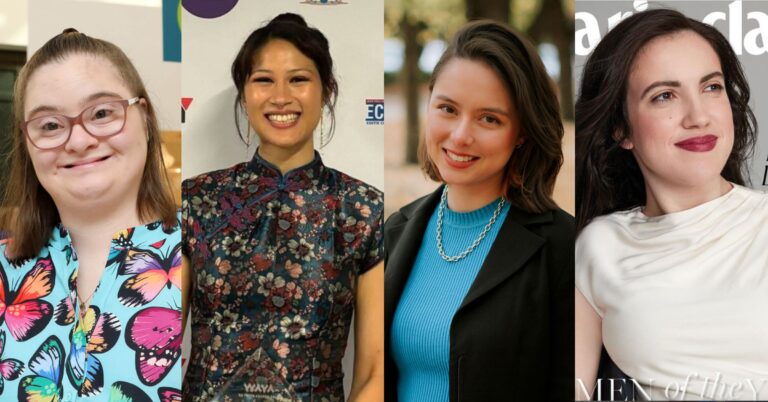
Young disabled advocates honoured during award season
We’re seeing a shift toward young people with disability being acknowledged for their achievements in mainstream award categories (not disability specific!), and we are absolutely here for it.
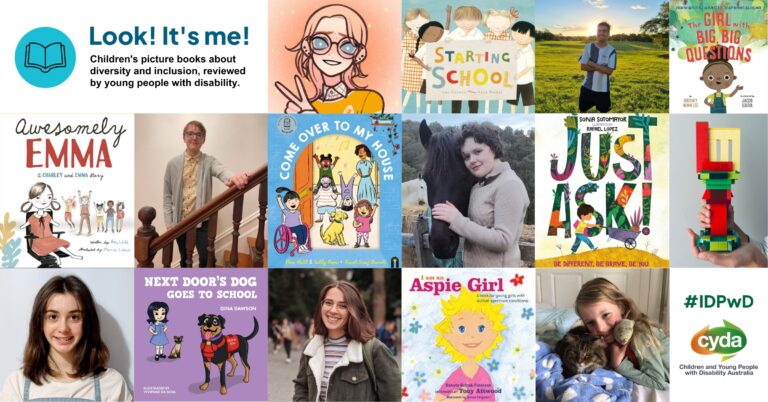
CYDA celebrates inclusion and diversity in children’s literature with 45 children’s book reviews by young people with disability
There is a growing genre of children’s picture books celebrating the lives, adventures and differences of people with disability, and that is something to celebrate on International Day of People with Disability!
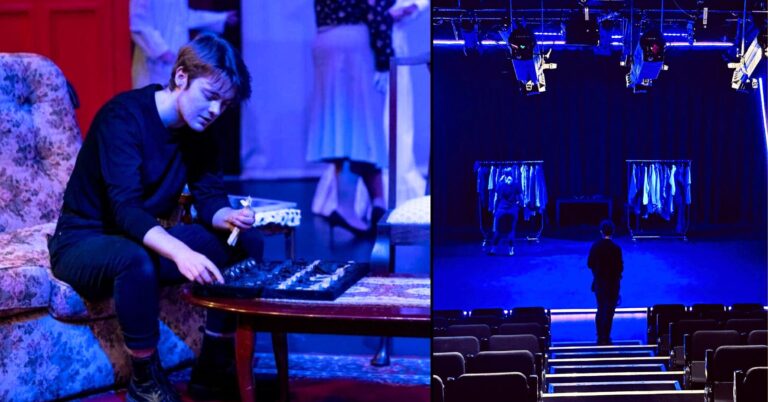
The disabled stage managers’ guide
Dylan McBurney offers tips and advice for the workplace, based on their experience as a professional stage manager with disability.

CYDA backs call for early learning guarantee, clearer support for children with disability
Children and Young People with Disability Australia (CYDA) supports the Thrive by Five campaign calling on the Federal government to enshrine high-quality early learning in law.
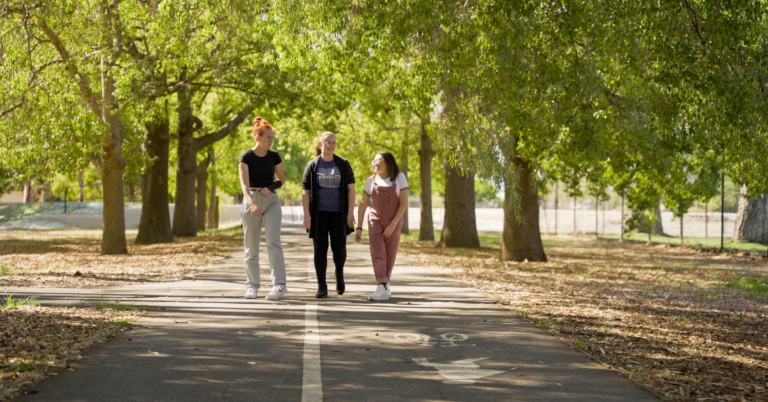
Navigating the NDIS left me feeling exhausted, unseen and helpless – it’s time to take back control
Bethany Cody helped create In Control My Way, a set of resources designed to help young people navigate the NDIS. Here she discusses the challenges she faced trying to access the scheme.
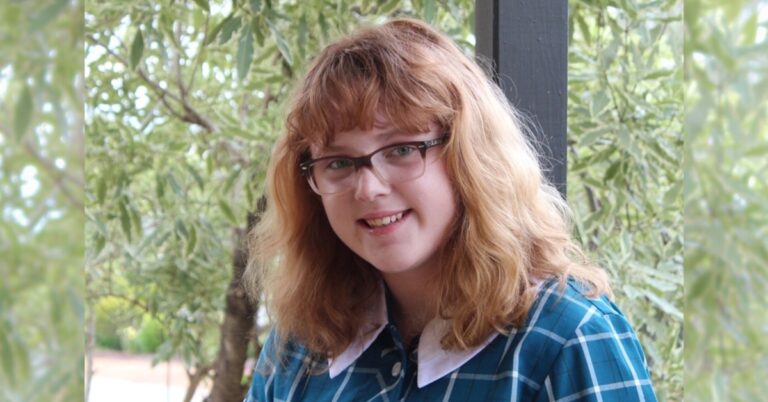
Enough with low expectations for students with disability
Ashleigh Keating writes about her school experience, and disadvantages faced by young people with disability seeking a career in education.
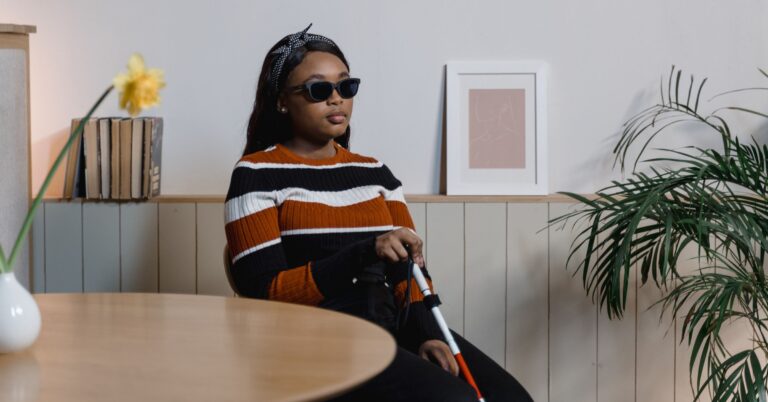
The constant unknown – what is it like to be a young, disabled jobseeker?
Thanh Autran writes about the difficulty of not knowing if discrimination has occurred after your job interview.




